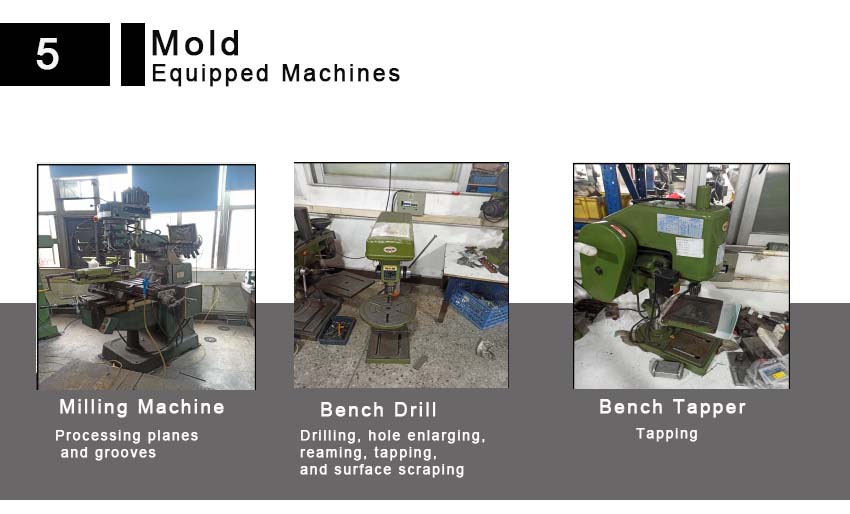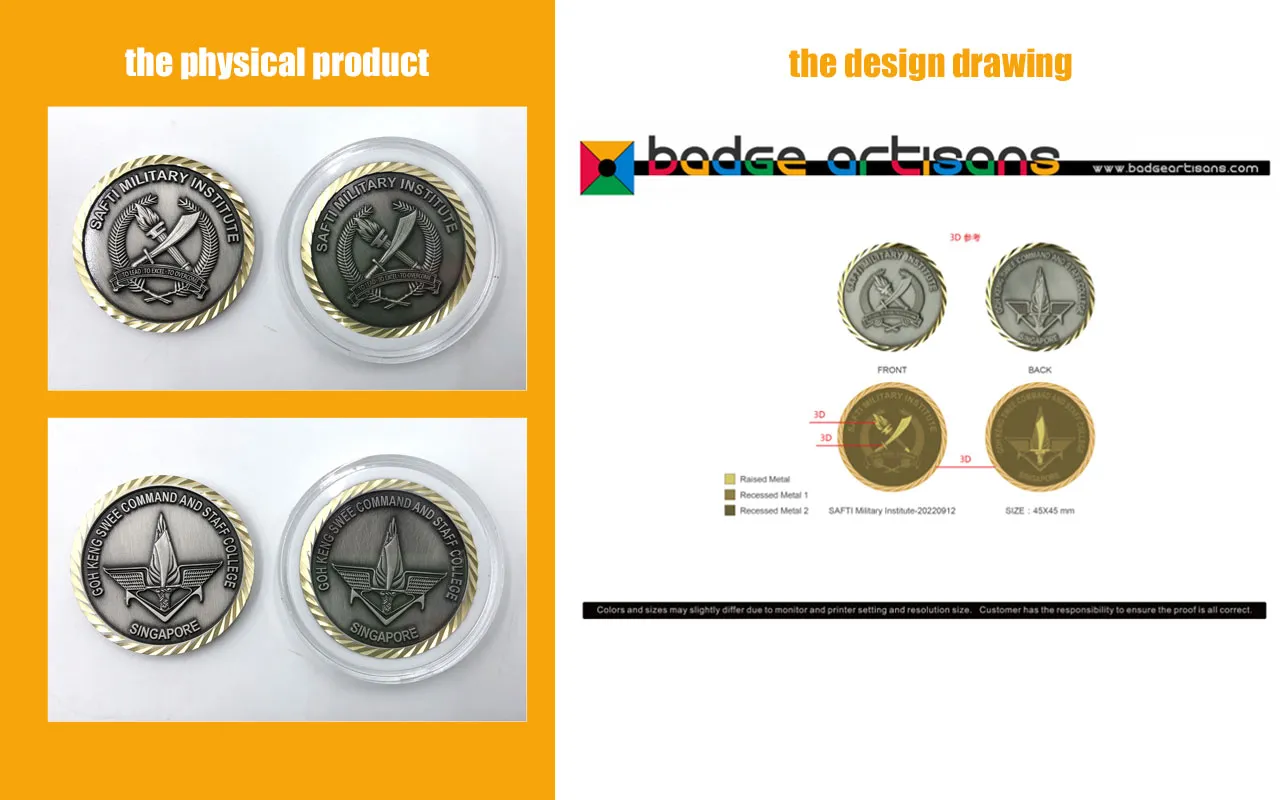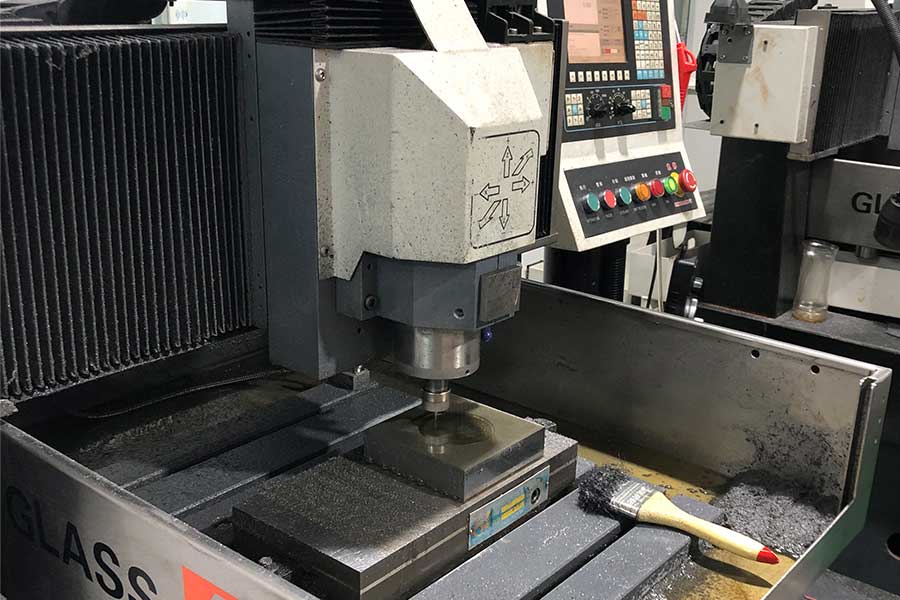
Mold making equipped machines
During the mold making process will be used machines including the milling machine,bench drill machine and bench tapper machines etc.
Mold Making Equipped Machines: Milling Machine, Bench Drill, and Bench Tapper
When it comes to mold making, precision and efficiency are key factors in achieving high-quality results. The right machinery can make all the difference in production timelines, accuracy, and overall cost-effectiveness. Among the most essential tools for mold making are Milling Machines, Bench Drills, and Bench Tappers. These machines are designed to cater to various aspects of mold making, including cutting, drilling, and tapping. In this article, we will delve into the features and specifications of these machines, providing a comprehensive guide to their capabilities, and address frequently asked questions to help you make an informed decision.
Mold Making Equipped Machines Overview
Milling Machine
Milling machines are versatile tools used in mold making for cutting and shaping solid materials. They are crucial in mold production, providing the precision needed for intricate designs and fine details. The milling machine uses rotating cutters to remove material from the workpiece in the form of chips.
Bench Drill
Bench drills, also known as drill presses, are essential for precise drilling in mold making. They allow for consistent and accurate drilling of holes into molds, ensuring uniformity across the production process. A bench drill can handle a variety of materials, including metals, plastics, and composites, making it a versatile tool for mold makers.
Bench Tapper
A bench tapper is used to cut threads into drilled holes, an essential part of creating molds with screw threads. This machine uses a rotating tap to create threads, ensuring that they are clean and precise. Bench tappers are commonly used in mold making to ensure that fasteners can securely hold mold components together.
Product Specifications
Below, we outline the key specifications of the Milling Machine, Bench Drill, and Bench Tapper, detailing their capabilities and applications in the mold making process.
| Machine Type | Milling Machine | Bench Drill | Bench Tapper |
|---|---|---|---|
| Power Supply | 220V/380V | 220V | 220V |
| Motor Power | 3HP to 5HP | 0.5HP to 2HP | 0.5HP to 1HP |
| Spindle Speed | 100-3000 RPM | 500-3000 RPM | 500-1500 RPM |
| Table Size | 800mm x 400mm | 500mm x 400mm | 300mm x 250mm |
| Drill Capacity | N/A | 13mm to 50mm | N/A |
| Milling Capacity | 0.5mm to 15mm | N/A | N/A |
| Tapping Capacity | N/A | N/A | M3 to M20 |
| Tool Change System | Automatic tool changer (optional) | Manual tool change | Manual tool change |
| Cooling System | Yes (water-based coolant) | Yes (oil-based coolant) | Yes (lubrication system) |
| Size (L x W x H) | 2000mm x 1200mm x 2000mm | 1000mm x 800mm x 1500mm | 600mm x 600mm x 1000mm |
| Weight | 1500 kg | 200 kg | 250 kg |
Detailed Description of Each Machine
1. Milling Machine
Milling machines are indispensable in the mold making industry. They are capable of cutting, drilling, and shaping materials with high precision. The Milling Machine operates using a rotating cutter to remove material from the workpiece. It is ideal for complex geometric shapes that are common in mold production.
- High Precision: The machine’s ability to adjust the speed and depth of the cut ensures that the finished product is highly accurate and consistent.
- Versatility: Milling machines can be used for a wide range of operations, such as slotting, drilling, contouring, and even engraving.
- Tooling Options: With the ability to use various cutting tools, a milling machine can tackle different material types like metals, plastics, and composites.
- Automated Features: Some advanced models come with automatic tool changers, which improve efficiency and reduce downtime during mold making operations.
2. Bench Drill
A bench drill is designed to provide a stable, secure platform for drilling operations. In the context of mold making, precision is key, and a bench drill offers the exact level of accuracy required.
- Drilling Accuracy: The adjustable speed of the drill allows for accurate drilling of holes with precise depth control. This is crucial when working with molds that need to meet tight specifications.
- Material Compatibility: Bench drills can handle a variety of materials, such as steel, aluminum, and other metals, making them versatile in mold making.
- Ease of Use: The user-friendly design and simple controls allow for easy setup and operation, ensuring smooth and efficient drilling during production.
3. Bench Tapper
Bench tappers are essential for adding thread inserts to molds, ensuring secure and accurate fastening points. These machines use a tap to cut threads inside drilled holes, which is crucial for mold assembly and fastening.
- Thread Cutting Precision: The bench tapper ensures that threads are cut cleanly and consistently, avoiding any defects that could affect the performance of the mold.
- Tapping Range: With the ability to handle a wide range of tapping sizes, from small to medium-sized threads, the bench tapper is adaptable to various mold making needs.
- High Durability: Bench tappers are designed to withstand heavy use, ensuring long-term reliability for mold making operations.
FAQ (Frequently Asked Questions)
1. What is the main difference between a milling machine and a bench drill?
A milling machine is primarily used for cutting, shaping, and drilling materials with rotating cutters. It provides much higher precision and versatility for shaping complex parts, especially in mold making. On the other hand, a bench drill is mainly used for drilling holes, providing precision in hole placement and depth, but it cannot offer the same shaping capabilities as a milling machine.
2. Can a bench tapper be used for other applications outside of mold making?
While bench tappers are primarily designed for mold making, they can also be used in other applications that require threaded holes. This includes industries like automotive, machinery, and metalworking, where precision tapping is required to create secure threaded connections.
3. How do I choose the right machine for my mold making needs?
The choice of machine depends on the specific tasks you need to perform. If you need to shape and cut complex parts, a milling machine is essential. For precise hole drilling, a bench drill is ideal. If your mold requires threads, a bench tapper will be necessary. It’s important to assess the material you are working with, the precision required, and the overall production volume to choose the right machine.
Conclusion
Mold making is a precise and intricate process that demands high-quality machinery to achieve the best results. Milling Machines, Bench Drills, and Bench Tappers are indispensable tools in this field, each playing a critical role in ensuring the accuracy and efficiency of mold production. By understanding the specifications and applications of these machines, you can make informed decisions to enhance your mold making operations.
Whether you are a seasoned professional or new to the industry, investing in the right equipment is key to achieving superior quality molds and maintaining a competitive edge in the market.








